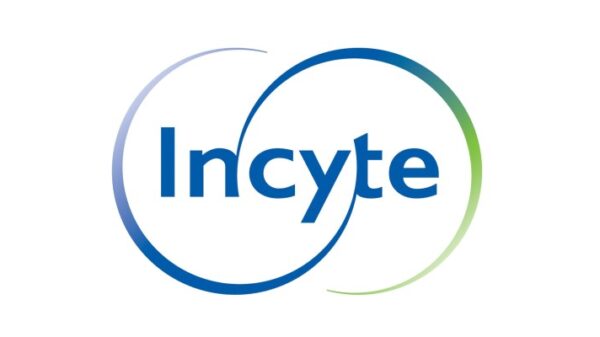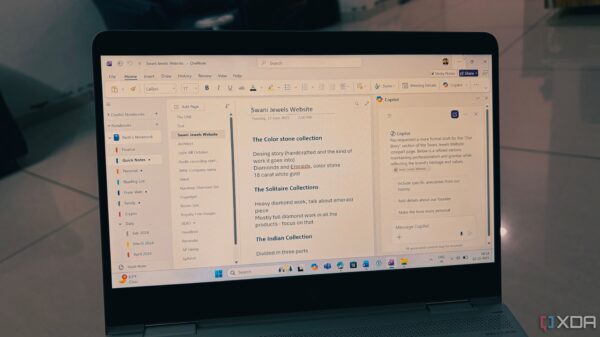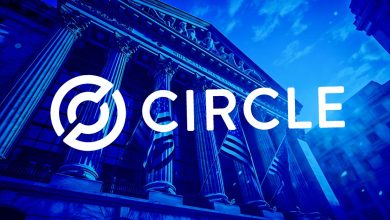The first spot exchange-traded funds (ETFs) for Solana (SOL), Litecoin (LTC), and Hedera (HBAR) have officially launched on Wall Street, generating significant interest with a combined trading volume of $14.4 million in the first hour. This development represents a crucial milestone in the expansion of digital assets, moving beyond the dominant presence of Bitcoin and Ethereum.
Strong Initial Performance
During the initial 30 minutes of trading, Bitwise’s Solana ETF, denoted as $BSOL, achieved over $10 million in trading volume. Meanwhile, Hedera’s ETF, $HBR, recorded $4 million, and Litecoin’s ETF, $LTCC, saw approximately $400,000. The early trading figures reflect a robust appetite for these altcoin ETFs, which are viewed as a potential catalyst for increased activity in the cryptocurrency market.
The introduction of these ETFs is particularly noteworthy due to Bitwise’s $BSOL, which offers a competitive advantage by providing 7% annualized staking rewards without any management fees. This strategy aims to attract long-term institutional investors. The underlying Solana tokens are securely held in custody by Coinbase Custody and BitGo, ensuring compliance with regulatory standards.
Regulatory Changes Enable Approval
The recent approvals for these spot ETFs followed a significant shift in regulatory guidance from the U.S. Securities and Exchange Commission (SEC). Earlier in October 2025, the SEC’s Division of Corporate Finance issued a Q&A document that altered the language surrounding the registration process for securities. This change was interpreted by ETF issuers as a signal to proceed with applications for spot crypto funds.
Canary Capital was the first firm to act on this revised guidance, filing for its Litecoin and Hedera ETFs on October 7. Following closely, Bitwise submitted its application for the Solana Staking ETF on October 8, and Grayscale filed for its $GSOL ETF the following day. Bloomberg analyst Eric Balchunas confirmed that the SEC’s expedited certification of Form 8-A filings was the final step toward these listings.
Despite ongoing challenges, including a partial U.S. government shutdown, the swift approval process indicates a more efficient ETF review pipeline at the SEC, potentially signaling a greater openness to digital asset investment products.
The launch of these altcoin ETFs marks a pivotal moment in the landscape of regulated cryptocurrency investments. For institutional investors, this represents the first opportunity to gain direct exposure to blockchain networks that facilitate smart contracts, payments, and decentralized applications beyond Bitcoin and Ethereum. This expansion could significantly influence market dynamics and institutional flows in the coming months.
As trading continues, market participants will be closely monitoring the performance of these new ETFs and their impact on the broader cryptocurrency ecosystem.







































































